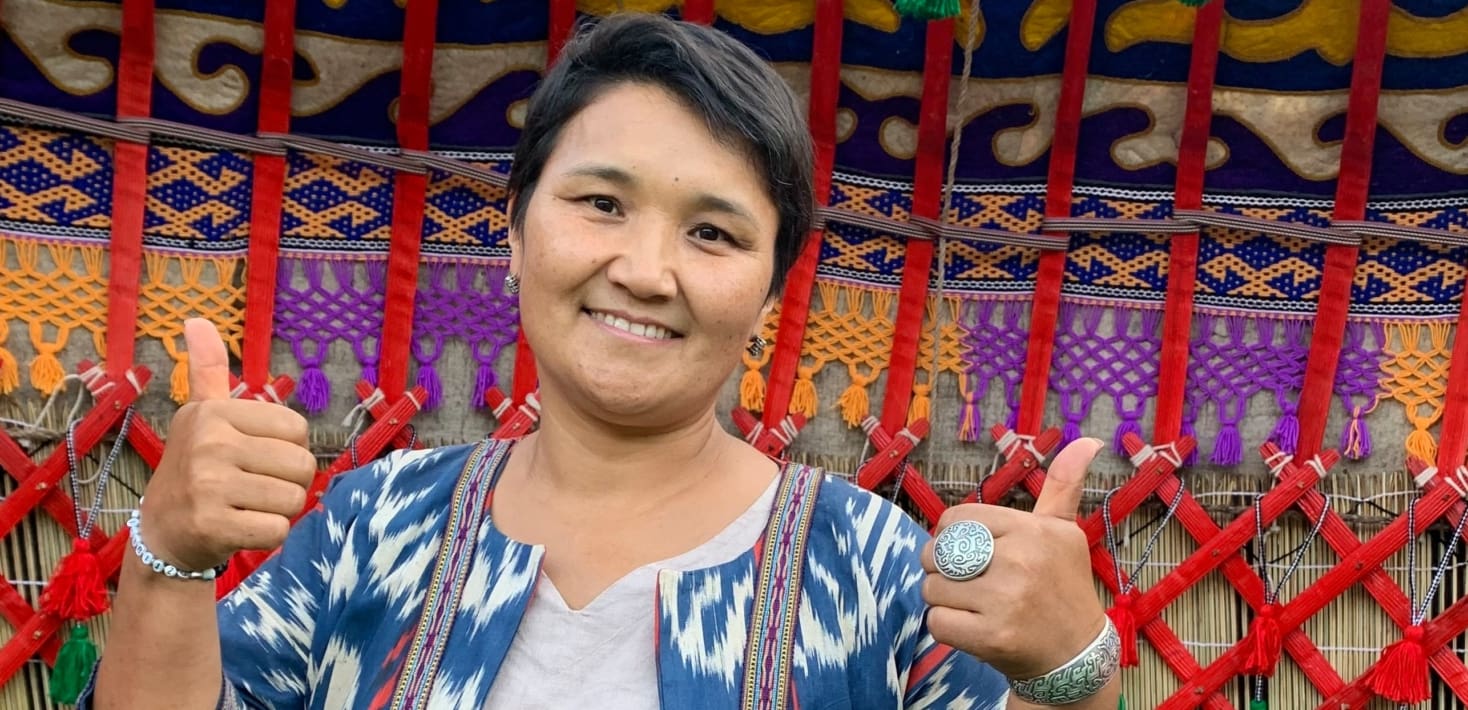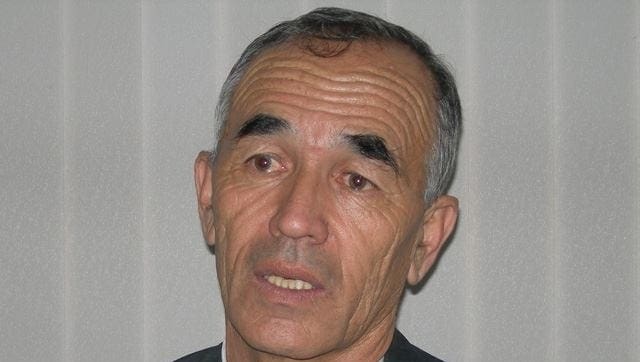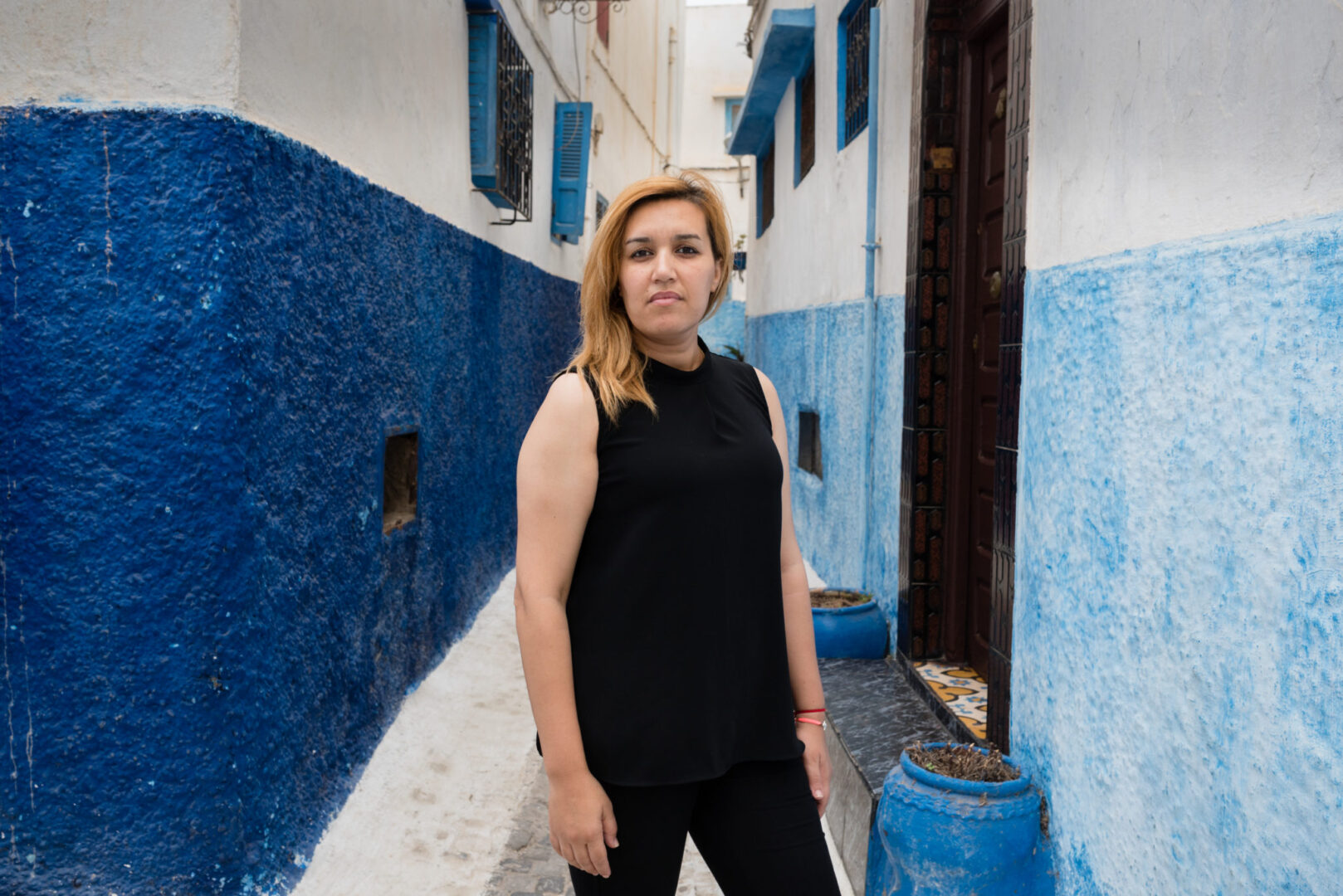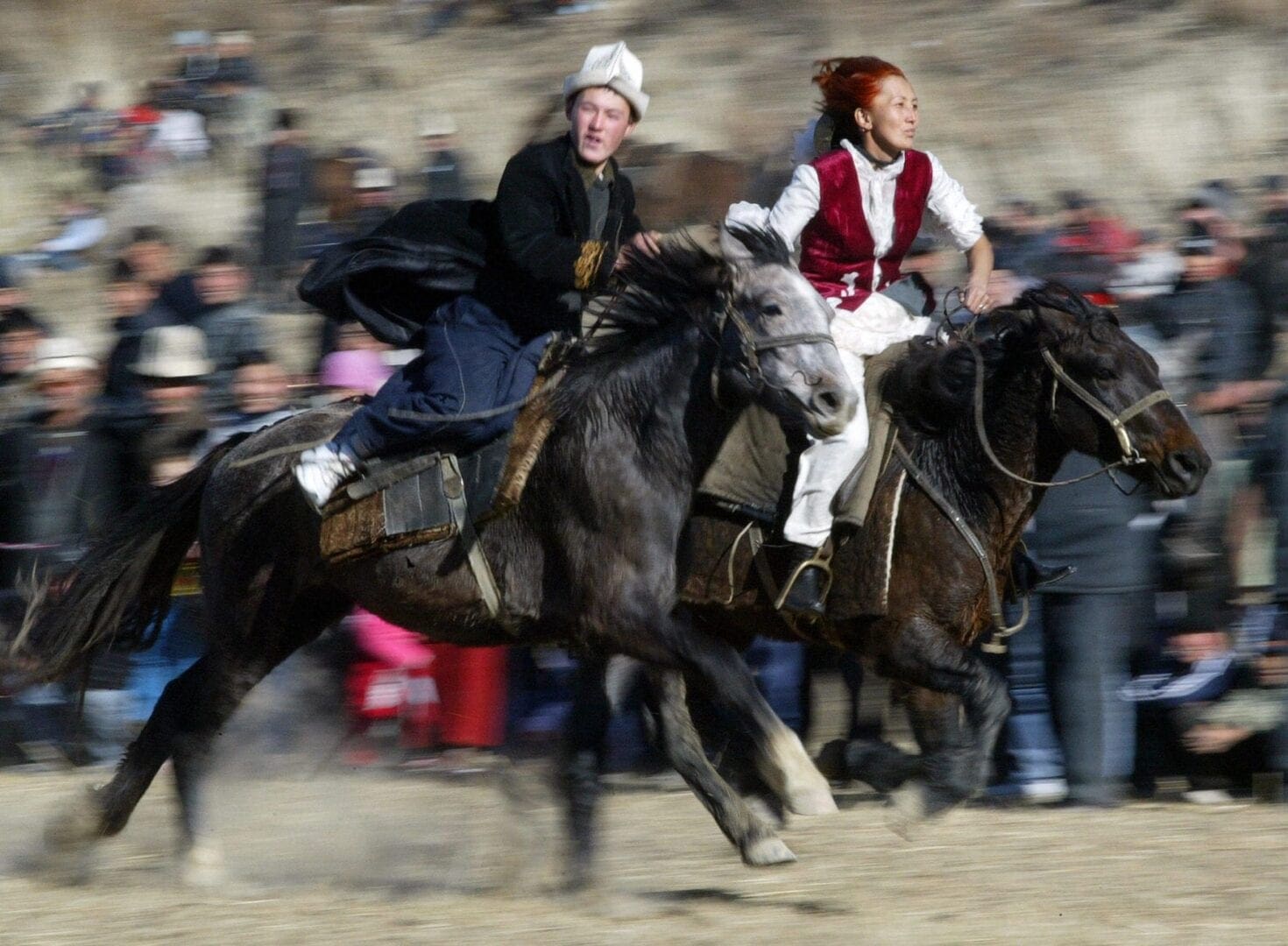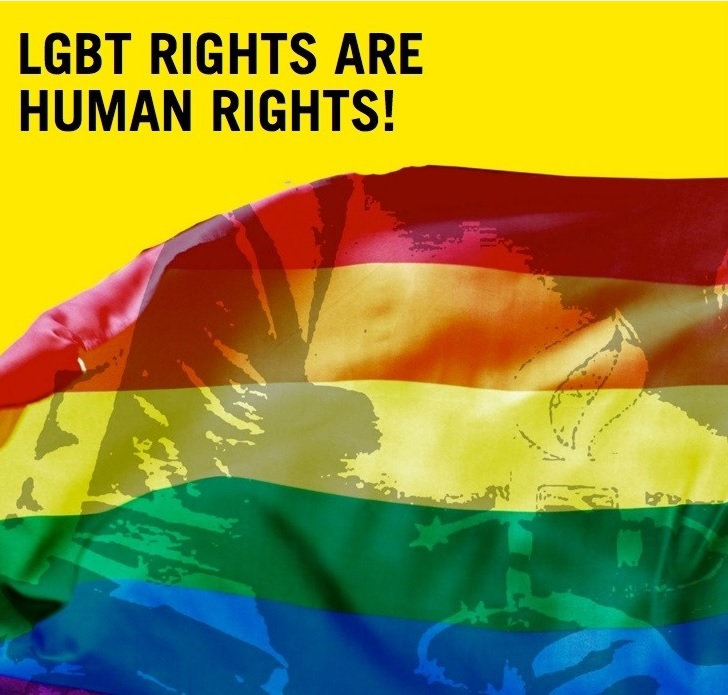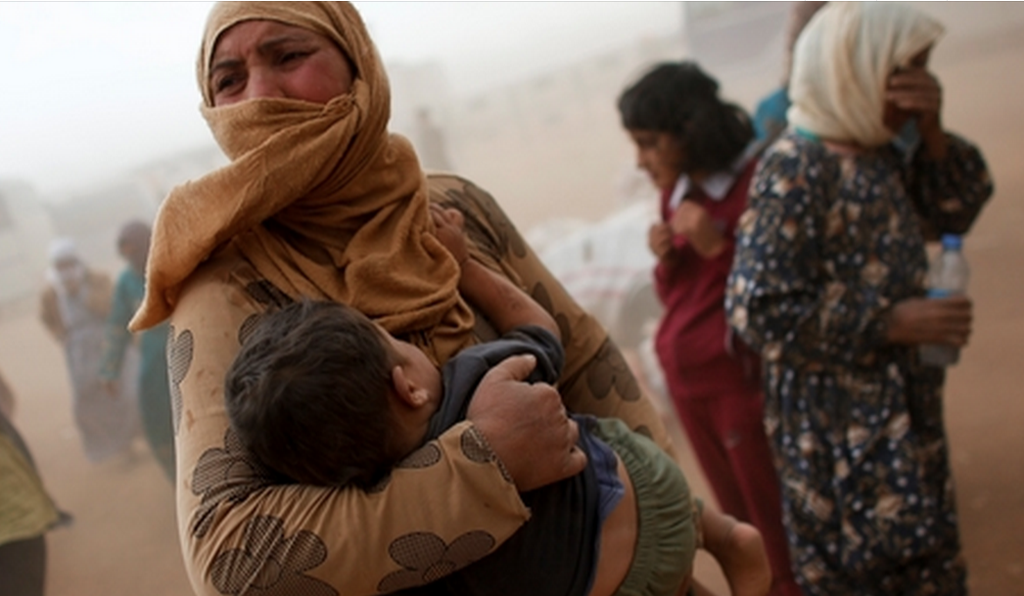Kyrgyzstan Human Rights
Human rights defenders
In February, Vitaly Ponomarev, director of the Central Asia department of the Russian NGO Memorial, was deported to Russia shortly after his arrival in Kyrgyzstan to present a report on unfair trial and torture allegations linked to the Nookat protests (see above). He was banned from re-entering the country for five years.
In November, Bakhrom Khamroev, a Russian human rights defender of Uzbek origin, was arbitrarily detained by NSS officers while he was conducting research for Memorial on developments relating to the Nookat protests. He was detained incommunicado for over 18 hours and interrogated about his research and his alleged links to banned Islamist groups. Following international pressure he was released and deported to Russia.
In December, Nigina Bakhrieva, a Tajikistani human rights defender, was banned from entering Kyrgyzstan for 10 years, reportedly for highlighting violations in relation to the Nookat protests during an international human rights training seminar in Bishkek in September.
Freedom of expression
There was an increase in violent and sometimes fatal attacks, some by masked men, on independent journalists, including stabbings, beatings and shootings.
The authorities condemned these attacks and ordered investigations, but denied any link to articles or investigations by the journalists into corruption and organized crime, among other issues.
In August, a former police officer confessed to the October 2007 murder of ethnic Uzbek journalist and editor Alisher Saipov, but reportedly later withdrew his confession in court, claiming that he had been tortured. The Court of First Instance decided to send the case for investigation but in December the Supreme Court overruled this decision.

